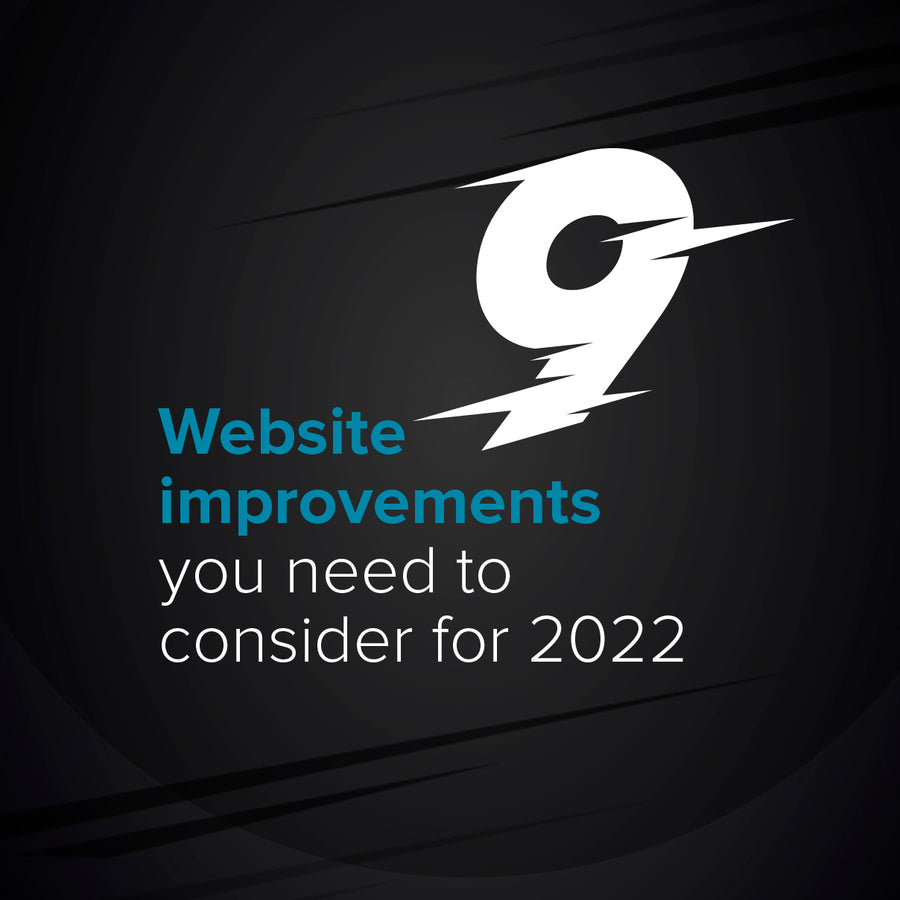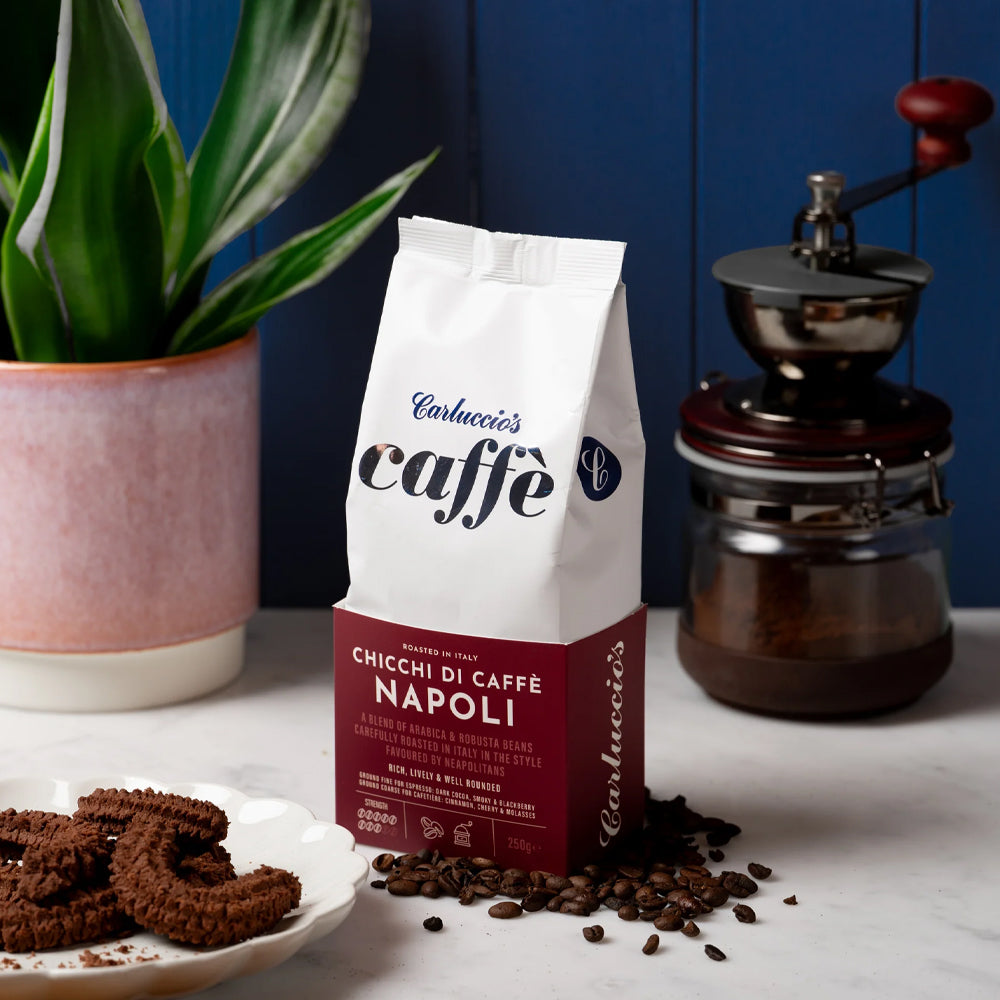
2022 promises to have enormous potential for eCommerce merchants. Here are some thoughts about what key improvements you may want to consider for the coming year
1. Improve online purchase paths - via UX and performance reviews.
2. Faster site speed and headless adoption.
3. Robust search and filtering.
4. Personalisation and loyalty programes.
5 Better purchase information - improved size guides, instant chat etc.
6. Streamlined returns.
7. For brick & mortar retailers - pick up in-store and unified inventory management.
8. Non-monetary rewards (e.g. carbon neutral delivery, polls, donations to charity) that reflect the shift in consumer sensibilities toward the environment and sustainability.
9. Diversify payment options - let customers pay how they want, when they want, on whatever device they want.
During the pandemic, websites have become the primary sales channel for many businesses who traditionally focused on an in-store retail experience. Those already engaged with this technology were able to take advantage of the trend in 2021, but now need to improve their site performance to sustain their growth.
Those businesses not fully embracing eCommerce now find themselves losing sales to their online competition. Direct to consumer sales offers consumers lower prices and companies greater profits. With these factors in mind, there is no question this trend will continue to grow.
What Platform is best for my business?
Absolute is an Adobe Bronze Solution Partner and Shopify Partner, so we have expertise in delivering design & build projects for a range of business requirements.
Adobe Commerce (also known as Magento 2) is the go-to platform for larger merchants who want to integrate with complex third-party software (ERPs, PIMs, accounts, warehouse management) or legacy software that is unique to their business. Adobe Commerce enables a merchant to ‘own’ a version of their site and control where it is hosted, reducing the likelihood of arbitrary supplier price changes. The licensed version is geared towards larger business that can take advantage of content staging, personalisation, business intelligence, complex B2B discounting, plus many other features. Both versions now feature the PageBuilder module, which allows for easy 'drag & drop' page formatting, invaluable for merchants to create engaging content-rich pages. A key strength of Adobe Commerce is its open-source heritage and the resulting ecosystem of modules that Adobe itself provides via its marketplace, enabling developers to add custom functionality quickly and easily to site builds. Find out more here.
Shopify is a SAAS (Software as a Service) platform, so there is no hosting charge, but rather a monthly subscription. The platform is perfect for smaller B2C merchants with less complex integration requirements (although custom apps can be developed if needed) and is ideal for simpler customer journeys. There are many pre-exiting apps available to extend functionality, most of which require a subscription. Find out more here.
Both platforms can be created as a 'headless' solution, whereby the front end and back end are decoupled, resulting in security and performance improvements via the use of a modern tech stack with JavaScript libraries such as React and Vue.js.
Turning a website into a progressive web app (PWA) can also be relatively easy to achieve, delivering app like performance features, offline capabilities and improved brand identity all from a single code base. Traditional app development requires entirely separate code to the website causing increased development time, whereas the PWA is effectively an installable version of your website.
Whether you are an existing M2 user that wants to improve site performance via our support service, or you want to launch a new eCommerce site to take advantage of the shift of consumer buying behaviour, please get in touch with us today and we can start the conversation about how Absolute can help improve your eCommerce offering.
Contact Us to discuss how we can help increase sales and boost your online performance!
INSIGHTS
CASE STUDIES

Fired Earth - Shopify Plus
Fired Earth’s move to Shopify Plus marked a major transformation for their B2C and B2B operations, streamlining their product catalogue and delivering a faster, more adaptable eCommerce experience, supporting growth and enhanced customer engagement.
-
Shopify

Carluccio's Coffee Subscription
Discover how we helped Carluccio’s transform their online coffee products, creating a bespoke design, unique user journey and efficient user experience, resulting in an eye-catching subscription service, seamlessly integrated with their Shopify site.
-
Shopify
CONTACT
Are you excited to get your next project up and running? Or are you unsure what is dragging you down?
Contact Us to discuss how we can help increase sales and boost your online performance!

Enter your email address to sign up to our newsletter, featuring case studies, insights, industry news and much more.
If this is something you would like help with, please get in touch.






